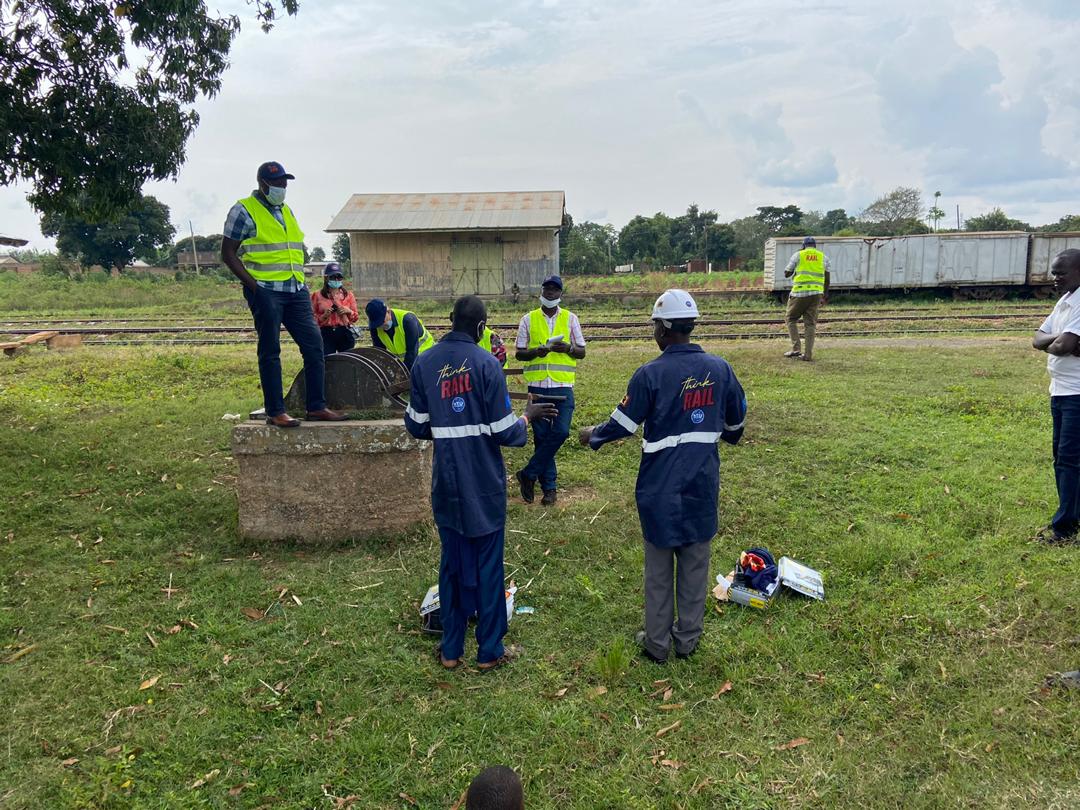NTU holds Workshops in Uganda Railways EU TA Project



International A/S under the EU Technical Assistance Capacity Building program for Uganda Railways Corporation commenced implementation of its training schedule with a host of workshops held in the weeks of 25th August and 9th September. The first workshop which was held on 25th August 2020 was to do with Communications and Media training and the second workshop which was held on the 9th and 10th September 2020 was to do with Project Appraisal.
The Communications workshop was aimed at enabling participants to communicate clearly and with impact, by improving their verbal and non-verbal communication style, as well as enhancing interpersonal skills. It also enhanced participants’ Media Interview Skills as participants took one on one interview sessions with questions for the interviews being drawn from the pre-training materials shared days prior to the workshop. The training session was structured to make it enjoyable and involving and, in the end, it was well received and deemed highly beneficial with several requests for a similar engagement.
The Project Appraisal workshop introduced the general principles of project appraisal from definition and overview to perspectives and scenarios.
Rail Transport Project Appraisal was a huge component of the training with the focus of the presentation being on Cost-Benefit Analysis (CBA) for rail transport in the context of multi-criteria analysis, particularly in the economic case. Rail Project Appraisal Guidelines (RAILPAG) were introduced and the RAILPAG solution was shown to be extending the Cost benefit Analysis (CBA), particularly for large or complex projects, in order to:
- introduce the non-monetized aspects as simple indicators that generate awareness;
- facilitate the calculation of the maximum/minimum relative economic weight that these non-monetized project impacts should have to compensate their effects, and, in particular,
- clarify how costs and benefits are distributed. This clarification of the effects of the project on the various stakeholders and the estimation of the expected financial transfers between them has become increasingly important with the new organizational setup.
A group work exercise based on a scenario (partially real / part fiction) of the development of Mukono Rail ICD was carried out and 4 groups participated, with slightly divergent outcomes however in the end it was a good practical exercise in project appraisal.



